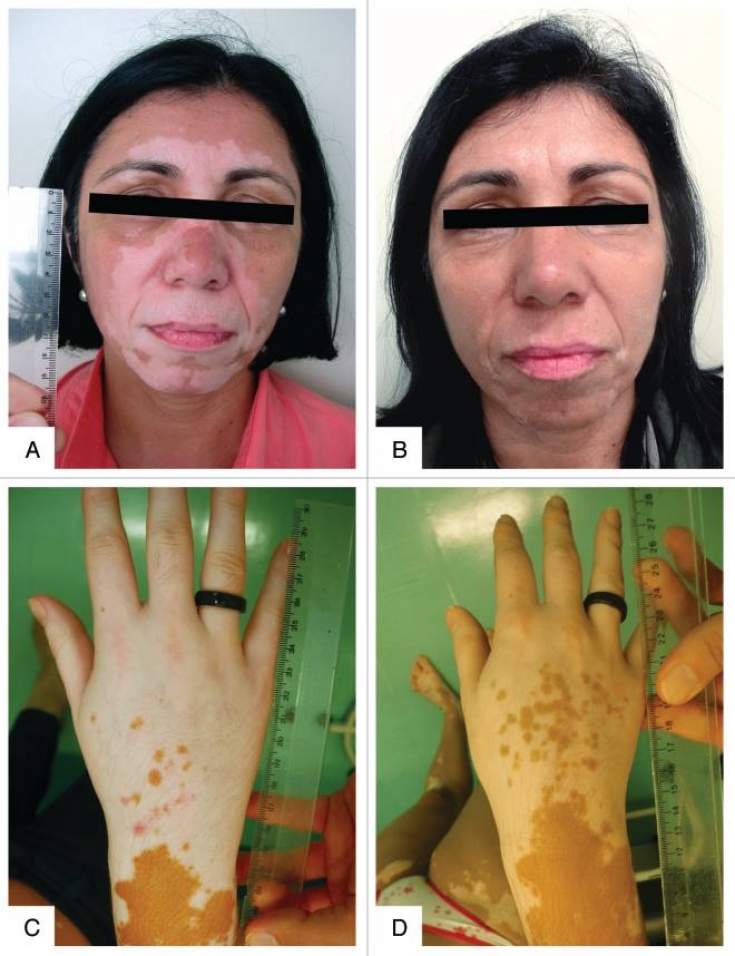Calciferol or vitamin D has a wide range of effects throughout the body, moreover, it plays an important role in regulating the mechanisms of proliferation and differentiation of skin cells. Calciferol is able to reduce the intensity of the immunological response, which contributes to its effective use in the treatment of diseases such as psoriasis, atopic dermatitis and vitiligo. On estet-portal.com read more about the positive effects of calciferol on the skin, as well as the effectiveness of vitamin D in the treatment of burns.
The positive effects of calciferol on the skin
Calciferol is also known as the sunshine vitamin because exposure to ultraviolet light is the main stimulus for vitamin D synthesis in the body. Calciferol regulates the exchange of calcium and phosphorus, which affects the state of the skeletal system, and vitamin D is also able to have a positive effect on almost all cells of the body.
Immunomodulatory properties of calciferol contribute to the effective use of this vitamin in the treatment of psoriasis and atopic dermatitis.
Calciferol has the ability to reduce the risk of developing autoimmune, infectious and cardiovascular diseases.
Calciferol:
• the main mechanism of action of calciferol on the skin;
• use of calciferol in the treatment of autoimmune skin diseases;
• effective use of calciferol for the treatment of burns.
The main mechanisms of calciferol action on the skin
Calciferol is synthesized in keratinocytes, regulates growth, differentiation and apoptosis in these cells. Vitamin D in low concentrations stimulates the proliferation of keratinocytes, and in high concentrations it inhibits this process. In addition, calciferol regulates the mechanisms of the immunological response, namely, it contributes to its suppression. Vitamin D also stimulates the formation of antioxidants in keratinocytes, which provides photoprotection against oxygen radicals that occur under the influence of ultraviolet radiation.

The use of calciferol in the treatment of autoimmune skin diseases
Calciferol effectively helps with skin diseases that have an autoimmune component in their pathogenesis. For example, in psoriasis, under the influence of topical vitamin D, the proliferation of keratinocytes decreases, and the synthesis of immunoglobulins also decreases, which helps to subside the inflammatory process. In atopic dermatitis, the immune response is also inhibited, in addition, calciferol stimulates the synthesis of antibacterial peptides that prevent skin infection. Vitamin D increases melanogenesis, which contributes to its use in the treatment of vitiligo.
Effective use of calciferol in the treatment of burns
It is known that calciferol is able to reduce the activity of the inflammatory process that occurs during burns. The results of modern research show that patients with a burn injury have a decrease in vitamin D levels, which is accompanied by a high risk of infection and slow wound healing.
At high levels of calciferol, burns heal faster and are associated with fewer complications.
Thus, raising calciferol levels may be a simple and safe way to improve the prognosis in patients with burns.
See also: D vitamins and their effect on the body: expert advice







Add a comment